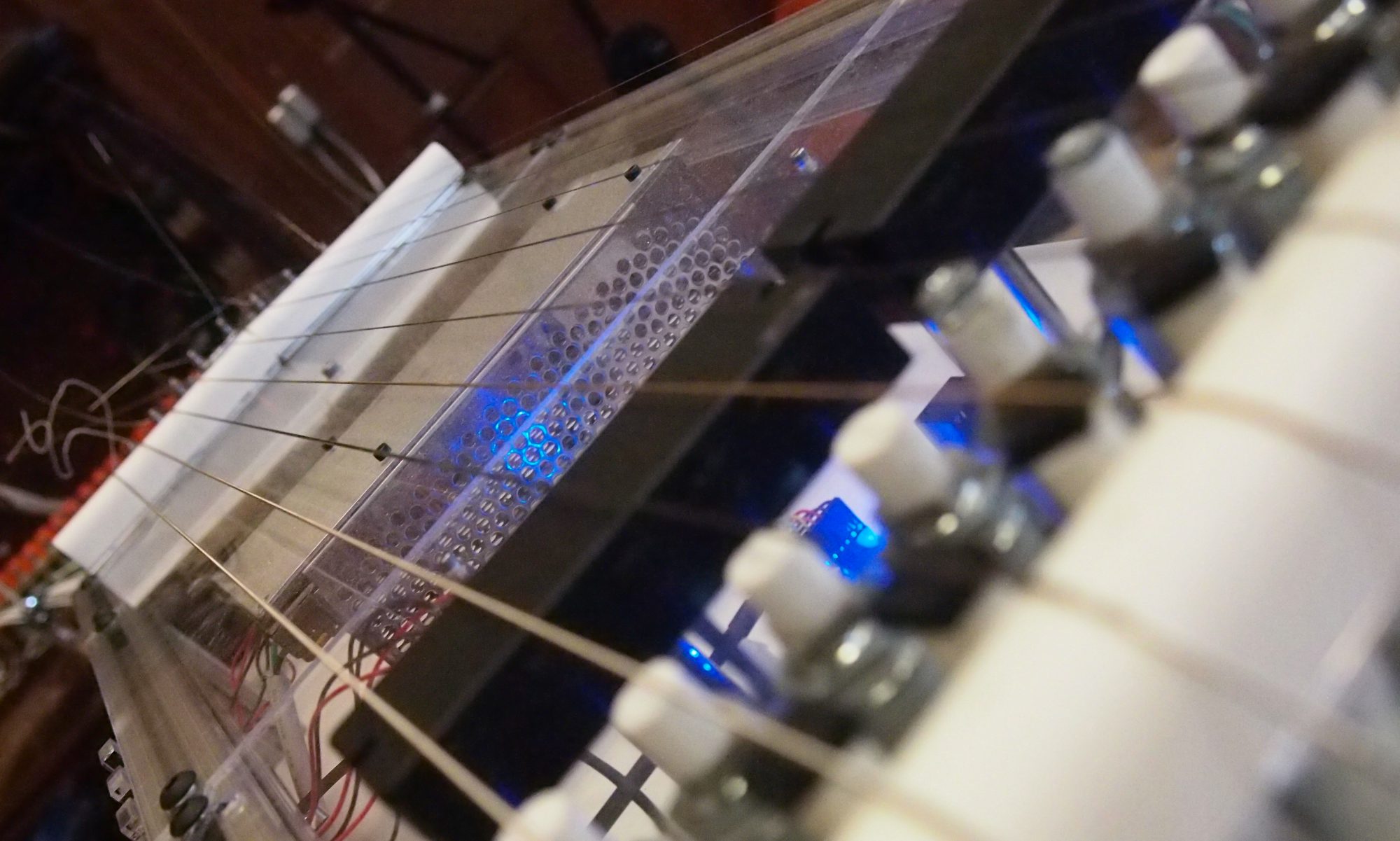
Hello and Welcome to the MU 1000 Guide!
This guide is designed to help you with your research for MU 1000: Music and Its Makers. Use the tabs on the top to navigate, or peek through this table of contents. This guide contains information on how to research like a pro, highlights from our library collection, and everything you need to know about citation and bibliographies.
Home (this page): welcome, related guides, links to Music Research labs, and Research & Instruction Librarian contact info.
Begin Your Research: refreshers and tutorials in crafting keywords, evaluating sources, and using the library tools for research.
Resources: Annotated lists of databases, journals, and books, with special highlights on audiovisual databases and repositories, plus quicklinks to faculty research. Most of these are secondary sources, hence...
Primary & Secondary Sources: Defining primary and secondary sources, and resources dedicated to finding primary sources in particular.
Citations & Bibliographies: Everything you need to know about the Chicago citation style, and why it matters.
Citation Management: How to use Zotero solo or in a group, offline or online.

Looking for a wearable heartrate sensor to control the BPM of your drum machine? Or a unique controller to play chords or sounds? The Interactive Music Systems Lab (IMSLab) at WPI explores opportunities for research, innovation, and education through the development of new technology used to facilitate music composition, performance, and education. In addition to our own research trajectory, we work with musicians and companies to develop prototypes, explore proof-of-concept ideas, and much more! The lab is part of the research of V.J. Manzo, Associate Professor of Music at WPI and Principal Investigator (PI). The efforts of the IMSLab, therein, include collaborations with faculty, research affiliates, students and Lab RATs, and other key personnel as well as external professional musicians and innovators from industry.

The Media Arts Group Innovation Center (MAGIC) is your gateway to creativity, exploration, and collaboration. Whether you're a student, proofessional, or industry developer, MAGIC's mission is to enable and empower media artists through our community of idea devlopers.

It’s not just what we’re doing: it’s about what you want to do! The Electric Guitar Innovation Lab (EGIL) explores opportunities for research, innovation, and education related to the electric guitar and the various components associated with the electric guitar including instrument design and modification, amplifiers, pickups, effects processors, and more. In addition to our own research trajectory, we work with musicians and companies to develop prototypes, explore proof-of-concept ideas, and much more! The lab is part of the research of V.J. Manzo , Associate Professor of Music at WPI and Principal Investigator (PI), and the efforts of the EGIL, therein, include collaborations with faculty, research affiliates, students and Lab RATs, and other key personnel as well as external professional musicians and innovators from the musical instruments industry . We are proud members of the Guild of American Luthiers, the Association for Technology in Music Instruction, and other organizations with a focus on stringed-instrument innovation.

Virtual Orchestra development began in 1987. The intent was to develop a sophisticated and innovative live-performance music system that was capable of simulating both the sound and behavior of the traditional acoustic orchestra. This implied a performance system with the ability to follow tempo changes and to adjust to subtle musical nuances in real time.

The Music, Perception and Robotics Lab explores how musical creativity can be inspired and enhanced by technological tools and understanding of human auditory perception. We build robotic and mechatronic systems in order to explore expressive spaces that unique to machines, unique to humans, and are shared between the two. We conduct psychological research that examines human musical perception and creativity. We synthesize these efforts in projects where humans and machines interact in the context of art and psychological research to inspire and augment creativity and expressivity. As we embody and encode characteristics that we value, we recognize our technological and artistic experiments as fundamentally humanistic endeavors.